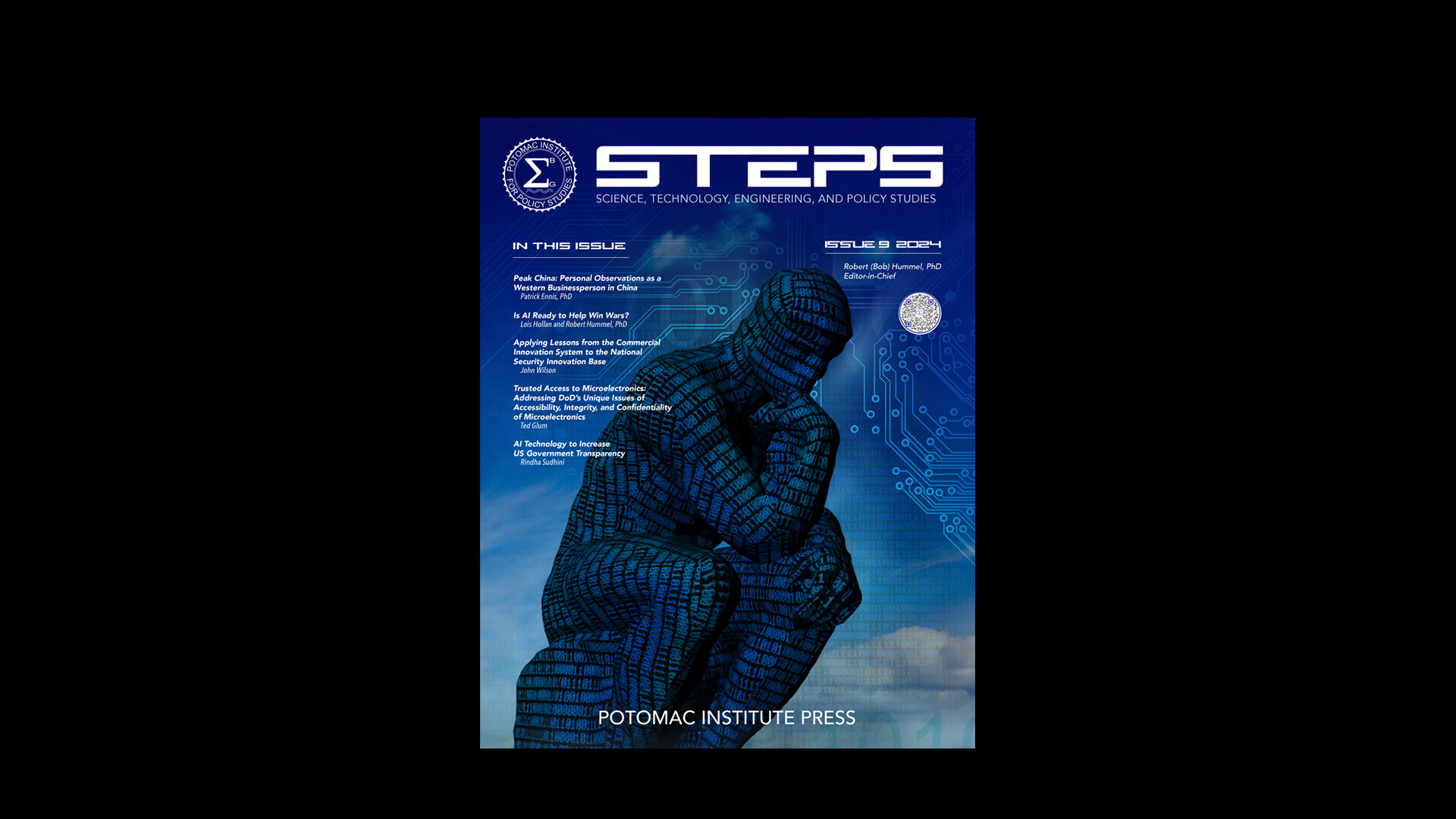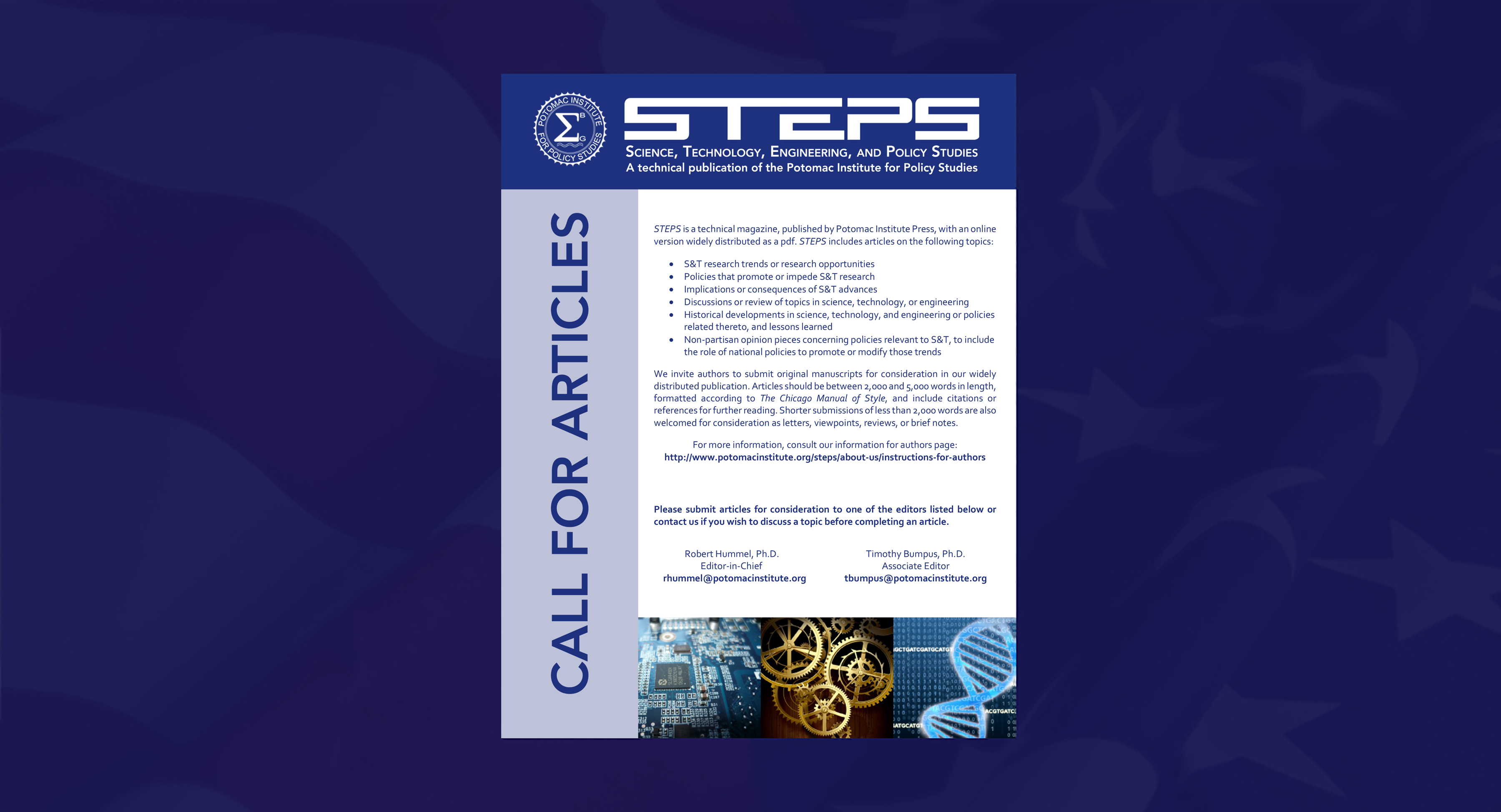On April 23, the Potomac Institute for Policy Studies presented a guest lecture by Daniel Hall-Flavin, MD, Assistant Professor of Psychiatry and Consultant in the Department of Psychiatry and Psychology at the Mayo Clinic. Dr. Hall-Flavin's talk was entitled "The Cave that DSM Built? What Arrhythmias and the School of Athens May Have to Teach Us About the Future of Psychiatry."
In his talk, Dr. Hall-Flavin addressed how recent advances in medicine have enabled earlier and more specifically targeted interventions to treat disease. Consequently, there has been a substantial decline in both morbidity and mortality for many conditions. Many illnesses, previously considered fatal, are now known as chronic disease states. However, despite advances made in the field of psychiatry, mental illness continues to be cited as the preeminent cause of global disease burden. This is due to a number of factors, including: 1) the lack of universal consensus as to what constitutes a mental disorder; 2) the dearth of knowledge of biological causation of currently classified mental disorders; and, 3) the inability to target interventions aimed at specific pathophysiologic points at less advanced stages of disease evolution.
Since its introduction in 1952, the system of classification of mental disorders in the United States has been encoded in the Diagnostic and Statistical Manual. It is soon to enter its fifth edition in 2013. Due to the relative lack of knowledge regarding causation, the DSM, as it is known, has been a classification system of observable behavioral phenotypes and syndromes. It has targeted reliability and more recently has incorporated functional impairment but has not been able to provide a nosology with clear predictive validity. As the technological tools needed to elicit causation become more available, social, political, and moral imperatives for a classification system based on etiology will be brought to bear. This predicates a future with personalized mental health care emphasizing prevention, earlier intervention, and when possible, curative therapies. Clearly, a re-examination of the priorities of psychia try is in order. The current period of public comment on the American Psychiatric Association's DSM-V draft seems a particularly apt time to examine the neuroethical issues and technical challenges which lie ahead for the field.
This program was supported in part by the Center for Neurotechnology Studies and Neurobioethics.org, and was presented by the Potomac Institute for Policy Studies in conjunction with the Capital Consortium for Neuroscience: Ethical, Legal and Social Issues (www.ccnelsi.com.) CCNELSI is under the direction of James Giordano, PhD, director of the Potomac Institute for Policy Studies’ Center for Neurotechnology Studies. More information about CNS and Dr. Giordano may be found at www.potomacinstitute.org and www.neurobioethics.org.
Click below to access slides from Dr. Hall-Flavin's presentation.



















